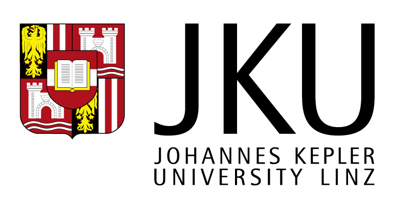| Christine Bauer |
Vienna University of Economics and Business, Austria |
| Bettina
Berendt |
Katholieke
Universiteit Leuven, Belgium |
IvŠn Cantador
|
Universidad
Autůnoma de Madrid, Spain |
Mehdi Elahi
|
University of
Bolzano-Bozen, Italy |
| Katayoun Farrahi |
Goldsmiths,
University of London, UK |
| Arthur Flexer |
Austrian Research Institute for Artificial
Intelligence, Vienna, Austria |
| Fabien
Gouyon |
Institute
for Systems and Computer Engineering of Porto, Porto, Portugal |
| Shengbo Guo |
Samsung Media Solution Center
America, San Jose, USA |
Bogdan Ionescu
|
University
Politehnica
of Bucharest, Romania
|
| Noam
Koenigstein |
Microsoft
R&D Center Herzliya; Tel Aviv University, Israel |
Cynthia Liem
|
Delft
University of
Technology, the Netherlands
|
| Dietmar
Jannach |
Technische
Universitšt Dortmund, Germany |
| Brian
McFee |
Columbia
University, New York, USA |
| Nicola Orio |
University of Padova, Italy |
| Jeremy Pickens |
Catalyst Repository Systems, Denver, CO, USA |
| Alan
Said |
Technische
Universitšt Berlin, Germany |
Giovanni
Semeraro
|
Universitŗ
degli Studi di Bari, Italy
|
| Mohammad Soleymani |
Imperial
College London, UK |
| Sebastian
Stober |
University
of Western Ontario, Canada |
| Markus Strohmaier |
University
of Koblenz-Landau, Germany |
| Douglas
Turnbull |
Ithaca College, NY, USA
|
| Julian
Urbano |
Universitat
Pompeu Fabra, Barcelona, Spain |
| Lin
Wu |
University
of New South Wales, Sydney, Australia |
| Eva
Zangerle |
University
of Innsbruck, Austria |
| Jian
Zhang |
University
of Melbourne, Australia |
| Rui
Zhang |
University
of Technology Sydney, Australia |






